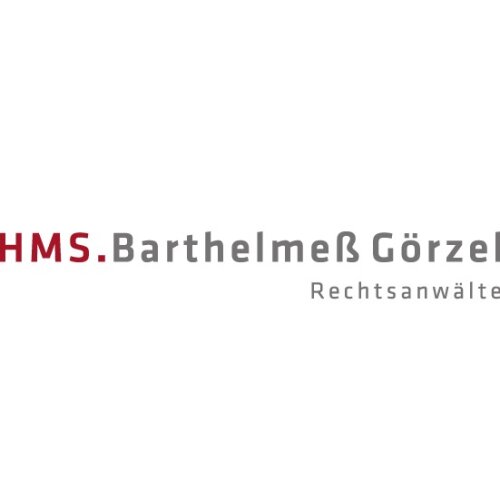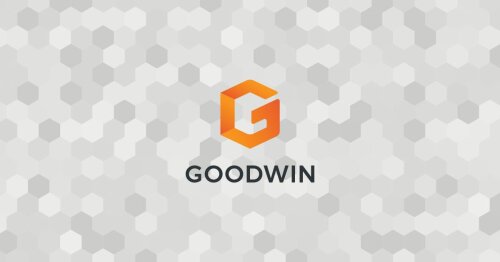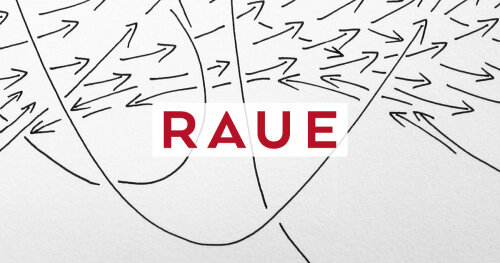Best Patent Lawyers in Germany
Share your needs with us, get contacted by law firms.
Free. Takes 2 min.
Or refine your search by selecting a city:
List of the best lawyers in Germany
About Patent Law in Germany
Patent law in Germany is designed to protect inventions that are new, involve an inventive step, and are capable of industrial application. A patent grants the inventor exclusive rights to their invention for a limited period, typically 20 years from the filing date, allowing them to prevent others from using, making, or selling the invention without permission. The German Patent and Trademark Office (DPMA) is the main body responsible for patent applications and administration in Germany. Additionally, as a member of the European Patent Organization, Germany allows for the protection of patents through the European Patent Office (EPO).
Why You May Need a Lawyer
While the patent system is designed to be accessible, there are many situations where legal expertise would be beneficial:
- Filing a Patent Application: Navigating the complex requirements of a patent application can be daunting, and an attorney can ensure all protocols are followed to improve the chances of success.
- Patent Search: Conducting thorough prior art searches to confirm the uniqueness of your invention is crucial, and a lawyer can assist in evaluating existing patents.
- Disputes and Infringement: If your patent is being infringed upon, or if you are accused of infringement, specialized legal assistance can help resolve disputes effectively.
- Patent Licensing: Negotiating license agreements to allow others to use your patent can be complex, and a lawyer can help ensure you receive fair compensation.
- International Protection: If you seek protection beyond Germany, understanding the nuances of international patents can be simplified with legal guidance.
Local Laws Overview
Several key aspects of German patent law include:
- Eligibility: Only inventions that are new, involve an inventive step, and are industrially applicable are eligible for patenting.
- Exclusions: Discoveries, scientific theories, mathematical methods, business methods, and aesthetic creations are typically not patentable.
- First-to-File System: Germany follows a first-to-file system, meaning the first person to file a patent for an invention is given precedence.
- Renewal Fees: Patents require annual renewal fees to maintain protection for the maximum term of 20 years.
- German Influence: The DPMA oversees patent law on a national level; however, the EPO can grant patents that have effect in Germany under certain conditions.
Frequently Asked Questions
What is the difference between filing a national patent in Germany versus a European patent?
A national patent is filed directly with the DPMA and is only valid within Germany. A European patent, filed through the EPO, can cover multiple European countries, including Germany, with a single application.
How long does it take to get a patent in Germany?
The process can take from two to five years or more, depending on the complexity of the invention and the volume of applications under examination.
How does the patent opposition process work in Germany?
An opposition can be filed by any third party within nine months of the publication of the grant of a patent, challenging the validity of the patent based on grounds such as lack of novelty or inventive step.
What is the cost of obtaining a patent in Germany?
The cost involves official fees for application, examination, and grant, as well as possible attorney fees. Total costs can range significantly but often start in the range of thousands of euros.
Are patent documents in Germany published?
Yes, patent applications are published 18 months after filing. This publication includes a description of the invention and claims.
Can software be patented in Germany?
Computer programs as such are not generally patentable, but software that solves a technical problem and provides a technical solution may be eligible for patent protection.
Is there legal aid available for patent issues in Germany?
Legal aid may be available depending on your financial situation, particularly in litigation matters, through court applications or certain legal insurance provisions.
Can I represent myself in a patent application?
While you can represent yourself, particularly frequent or commercial applicants often benefit greatly from the expertise of a patent attorney given the complexities involved.
What happens if I fail to pay the renewal fees?
If annual renewal fees are not paid, your patent will lapse, and you will lose the exclusive rights to your invention.
How can I search for existing patents in Germany?
You can search the DPMA database online, which provides access to published patent documents and applications. The EPO's Espacenet is another valuable resource for patent searches.
Additional Resources
If you're looking for more information or legal advice, consider these resources:
- German Patent and Trade Mark Office (DPMA): Offers resources and guidelines on patent applications.
- European Patent Office (EPO): Provides information on European patents and filings.
- World Intellectual Property Organization (WIPO): Offers global insights and potential routes for international protection.
- Chambers of Commerce: Often provide guidance and resources for inventors and businesses related to intellectual property.
Next Steps
If you have determined that you require legal assistance for a patent issue in Germany, consider the following steps:
- Consult a specialized patent attorney who can offer tailored advice to your situation.
- Gather all relevant documentation regarding your invention and any prior art related to it.
- Prepare a clear outline of your objectives and concerns to discuss with your attorney.
- Consider additional consultations with multiple lawyers to find the best fit for your needs and budget.
- Continue to stay informed about any updates or changes in the legal landscape around patents.
Lawzana helps you find the best lawyers and law firms in Germany through a curated and pre-screened list of qualified legal professionals. Our platform offers rankings and detailed profiles of attorneys and law firms, allowing you to compare based on practice areas, including Patent, experience, and client feedback.
Each profile includes a description of the firm's areas of practice, client reviews, team members and partners, year of establishment, spoken languages, office locations, contact information, social media presence, and any published articles or resources. Most firms on our platform speak English and are experienced in both local and international legal matters.
Get a quote from top-rated law firms in Germany — quickly, securely, and without unnecessary hassle.
Disclaimer:
The information provided on this page is for general informational purposes only and does not constitute legal advice. While we strive to ensure the accuracy and relevance of the content, legal information may change over time, and interpretations of the law can vary. You should always consult with a qualified legal professional for advice specific to your situation.
We disclaim all liability for actions taken or not taken based on the content of this page. If you believe any information is incorrect or outdated, please contact us, and we will review and update it where appropriate.
Browse patent law firms by city in Germany
Refine your search by selecting a city.














